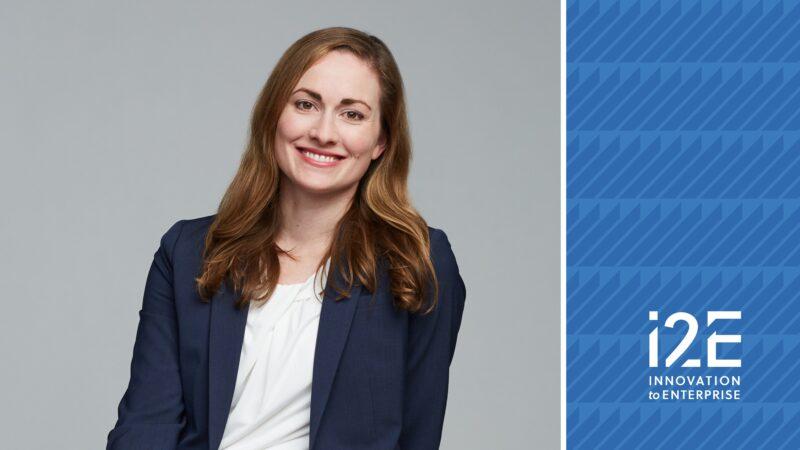By Scott Meacham
“Patient” capital is critical to success of Oklahoma startups.
One of the most challenging aspects of entrepreneurship and venture investing is that it can take a long time to know for certain that something works. Getting people outside the industry to understand and endure the timeline has always been a challenge, never more so than in these days of impatience and instantaneous information.
Those of us who invest in very early stage advanced technology businesses talk about “patient” capital. We know that it likely will take years (if ever) before a pre-revenue portfolio company produces the 20 to 40 percent return that investors who take this early stage risk seek. Investors also understand that the typical five-year failure rate for high tech startups is north of 50 percent.
That’s why the story of Alkami Technology (ALKT) is so important to Oklahoma’s understanding of why a continuum of seed stage capital is so critical to our state.
Alkami Technology provides cloud-based digital banking solutions focused on community and regional banks. Alkami’s platform gives these institutions a way to add services, seamlessly connect applications and services (which may include outdated software) so that they can advance toward the capabilities and services of large financial institutions.
First Capital
The company was founded as iThryv in 2009 in Oklahoma City. Oklahoma made the initial concept investment in the company through the OCAST Technology Business Finance Program (TBFP). That investment is representative of how TBFP was designed to work. TBFP was the first capital in. iThryv used the investment (which the company repaid) to gain market validation to attract additional funding in the form of a convertible note from the Oklahoma Seed Capital Fund (OSCF).
The OSCF investment also worked as intended, providing the renamed Alkami Technologies the resources to further validate solutions and respond to the market. At the time, Oklahoma didn’t have the range of investment funds that we have today (with i2E Management Company Inc. (IMCI) and the various funds it manages); however, with the $500,000 we did invest, Alkami leveraged an additional $275 million from later stage investors, including several nationally recognized funds and venture capitalists with names like Fidelity, Franklin Templeton and General Atlantic.
That was then and now is now.
The return to the OSCF on a portion of the Alkami (iThryv) investment was more than $4 million in 2020 with additional retained shares to be sold in the future. The return to the OSCF will now be invested in multiple new Oklahoma startups thereby leveraging and multiplying the impact of the state’s initial investment in the OSCF.
Alkami demonstrates that “patient” capital is critical to success of Oklahoma startups.
Future Angels
Meanwhile, the Oklahoma founders were also rewarded handsomely for their innovation and the risk they were willing to take to commercialize their innovation. Similar to what Austin experienced when Dell when public, the Oklahoma City and other Oklahoma investors in Alkami now see the power of venture capital investing and will hopefully become the next generation of “super angels” in Oklahoma.
In the 10 years since i2E established that first series of the Oklahoma Seed Capital Fund, four subsequent funds have been established by i2E and IMCI. These funds, complemented by advanced venture assessment and venture development services, can now take Oklahoma startups one step further in their growth before bringing in later stage investment partners.
iMCI has $90 million under management with active equity investments in 44 high growth companies — and, as of January, TBFP has closed investments totaling nearly $13 million in 133 Oklahoma companies since inception. Valuations in the Midwest are very favorable versus either coast. With the momentum of a big exit like Alkami, Oklahoma is well poised to become the next major hub of venture capital investing and startups in the Midwest.
When a state like Oklahoma finds something that works as well as TBFP and iMCI, with its range of capital investment funds from seed to growth and those efforts start to pay off with big exits, we should double down on our efforts and capitalize on the momentum we have built.
And that’s because “patient” capital is critical to the success of Oklahoma startups.
Scott Meacham is president and CEO of i2E Inc., a nonprofit corporation that mentors many of the state’s technology-based startup companies. i2E receives state support from the Oklahoma Center for the Advancement of Science and Technology and is an integral part of Oklahoma’s Innovation Model. Contact Meacham at [email protected].








